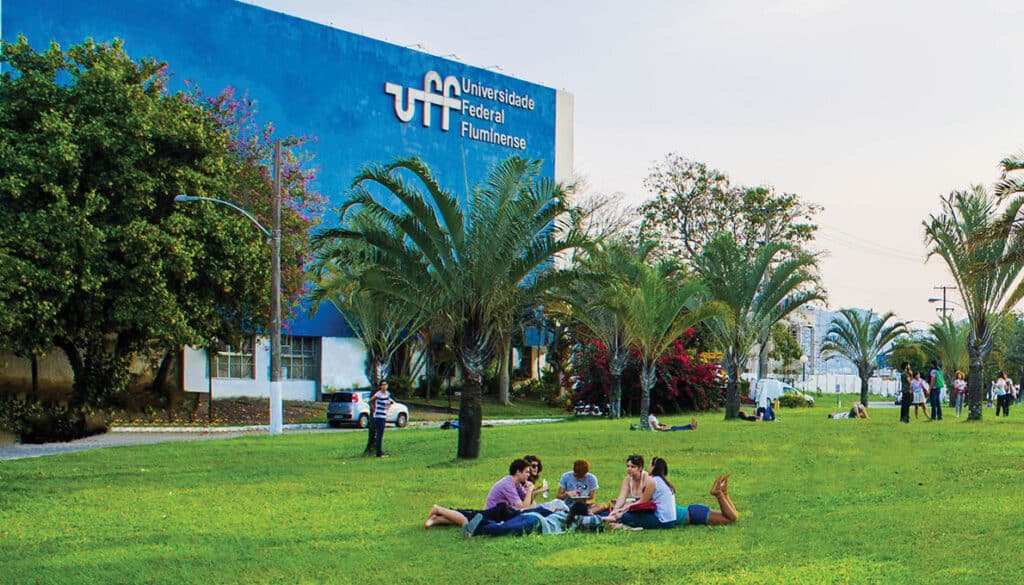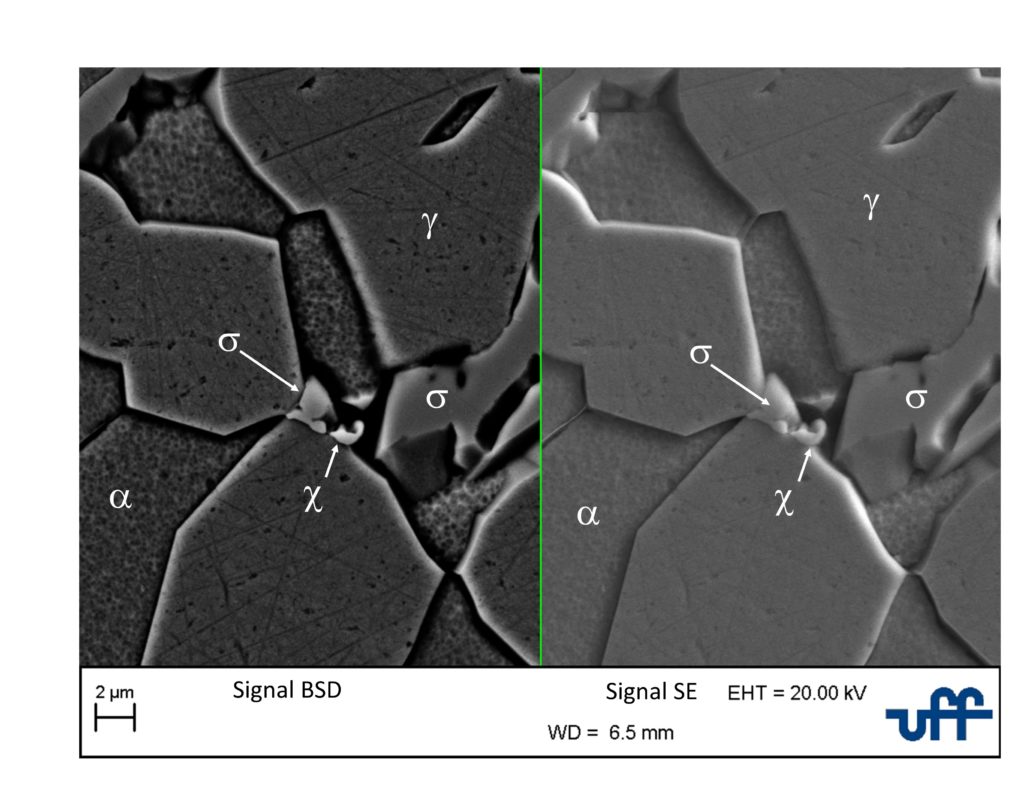Bunting Supports Brazilian University Understand Shape Anisotropy and Magnetic Texture
By Paul Fears | 30 July 2024
Bunting is supporting an international study into shape anisotropy and magnetic texture determination in anisotropic and isotropic AlNiCo magnets. The research project is being undertaken by Professor Marcos Flavio de Campos, Leonardo Martins da Silva and José Adilson de Castro of the Federal Fluminense University, along with Dr Sergio Antonio Romero of the University of São Paulo.

Professor Marcos Flavio de Campos from Federal Fluminense University in Brazil first met Matthew Swallow, Bunting’s Technical Product Manager, at the REPM 2023, the 27th international workshop on rare earth and future permanent magnets and their applications (University of Birmingham, UK).
Professor de Campos contacted Matthew Swallow to source specific grades of AlNiCo magnets for the research. The grades were AlNiCo 9, AlNiCo 8, AlNiCo 5-7 and isotropic AlNiCo 3. The samples were to be cut for microscopic analysis on a scanning electron microscope (SEM) and a vibrating-sample magnetometer (VSM). These magnet materials are difficult to source in Brazil.
AlNiCo magnets are extremely resistant to heat and corrosion and can operate at temperatures up to 500C. While they have very high Br values, comparable with NdFeB and SmCo they are easily demagnetised by external fields, but careful design can minimise this. AlNiCo exists in isotropic and anisotropic versions, where isotropic can be magnetised in any direction and anisotropic can only be magnetised in one pre-defined axis but has a higher magnetic performance. Casting and Sintering production methods can produce both.
The research project evaluates the hysteresis curves of commercial AlNiCo 5 and AlNiCo 2 magnets with the anisotropic Stoner-Wohlfarth model. AlNiCo 2 is an isotropic magnet, whereas AlNiCo 5 is an anisotropic magnet. These magnets have five main alloying elements: Al, Fe, Ni, Co and Cu.

The described method allows a direct estimate of the shape anisotropy in any commercial AlNiCo magnet, avoiding laborious production of single crystals. Coupled with the AlNiCo Magnet Setter this deeper understanding of magnetising AlNiCo will lead to more accurately set and conditioned magnets for higher precision sensors and more repeatable magnetic systems
Bunting’s magnet experts regularly provide research institutes and universities with technical support. Recently, Matthew Swallow travelled to The Netherlands to provide the Brunel Solar Team with technical support in the development and build of a solar car for the 16th Sasol Solar Challenge.



